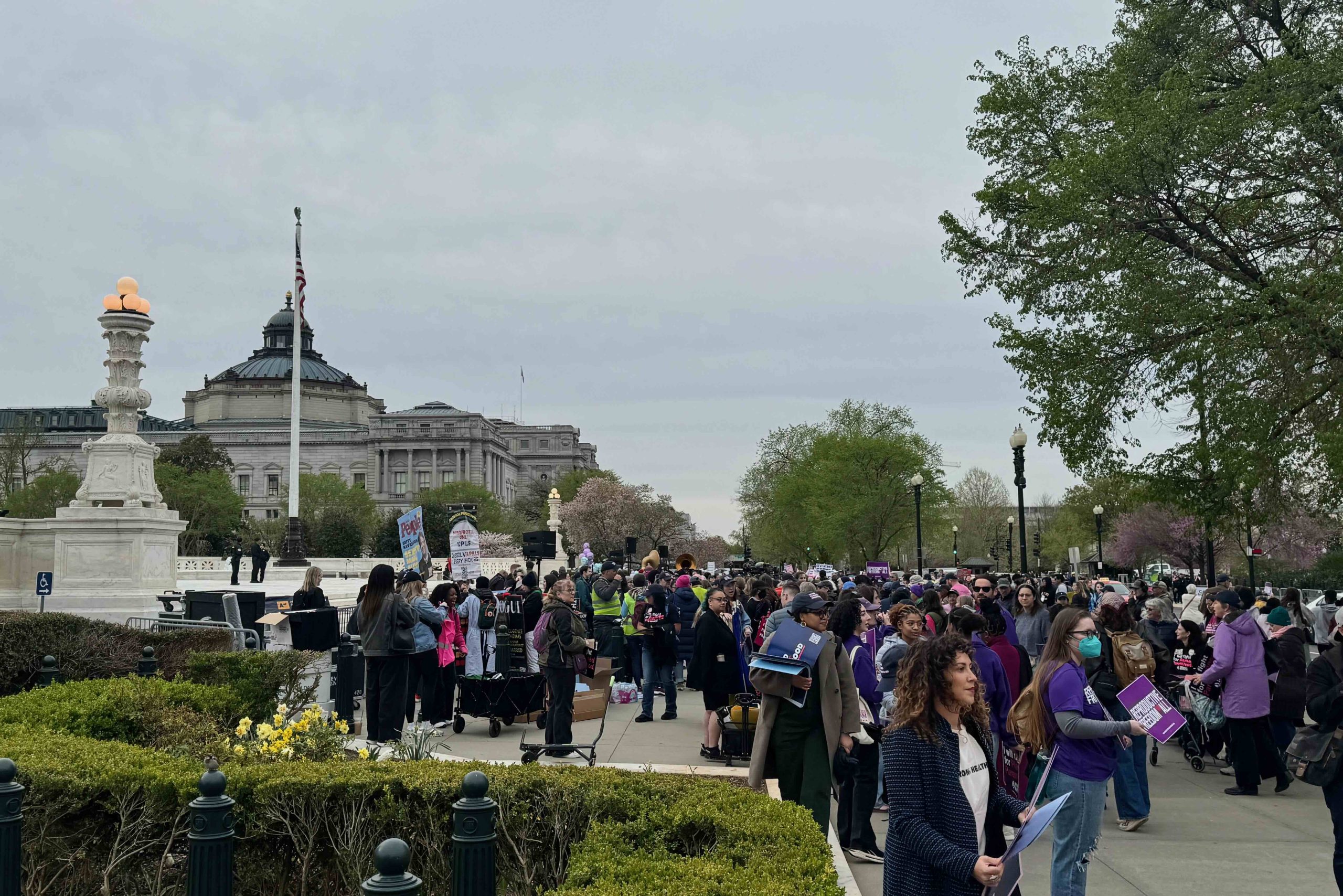Supreme Court Considers Planned Parenthood’s Right to Challenge Medicaid Policy
on Apr 2, 2025

Background of the Case
The U.S. Supreme Court has recently delved into a contentious issue regarding the legal standing of Planned Parenthood to contest a directive from South Carolina’s governor. This directive, effective since 2018, excludes abortion clinics, including Planned Parenthood, from participating in the state’s Medicaid program.
Established over six decades ago, the Medicaid program is essential for providing medical care to over 72 million Americans who are economically disadvantaged. This law was passed pursuant to the Constitution’s spending clause, which grants Congress the authority to impose conditions on federal funds allocated to states.
The Dispute Over Provider Choice
Governor Henry McMaster’s order stems from the belief that Medicaid funds disbursed to clinics offering abortion services indirectly support those services, thereby infringing upon the right to life. Nonetheless, Planned Parenthood argues that it offers vital medical services beyond abortions, including gynecological care and screenings for various health issues.
In a lawsuit against the state, a Medicaid patient named Julie Edwards, who relies on Planned Parenthood for birth control while managing diabetes, contended that the governor’s order violates the Medicaid Act’s stipulations, which ensure eligible patients can obtain care from any qualified provider.
Supreme Court Hearings
During a lengthy 90-minute hearing at the Supreme Court, justices grappled with whether the language of the Medicaid Act, specifically its “any qualified provider” provision, confers a private right to enforce it.
Legal representatives debated whether clear, specific wording is necessary for Congress to establish rights that individuals may enforce. John Bursch, representing the state, stressed that explicit terms are essential, noting that Congress has historically been clear when granting private rights in legislation.
Justice Perspectives
Discussions revealed divergent views among the justices. Justice Clarence Thomas questioned the necessity of the term “right” for establishing enforceable criteria. In contrast, Justice Sonia Sotomayor posited that Congress’s original motivation for this provision was to provide patients with the freedom to choose their healthcare providers, implying that states should inherently understand this obligation.
Justice Amy Coney Barrett also highlighted the potential impact of state restrictions on patient choices, while Justice Brett Kavanaugh warned that failure to use specific language could create a flood of new litigation.
Arguments for and Against Enforcement
Planned Parenthood’s counsel, Nicole Saharsky, asserted that the provision in question indeed carries rights-creating language, even if it does not explicitly include the word “right.” She emphasized that the capacity for individual legal action is a prerequisite to ensuring healthcare access.
Federal government representative Kyle Hawkins presented concerns over the implications of finding that the provision allows private enforcement, suggesting it could lead to myriad legal challenges.
Conclusion and Next Steps
The Supreme Court’s decision, expected by summer 2025, could significantly alter the landscape of Medicaid provider accessibility and the rights of individuals seeking healthcare. The case underscores the ongoing debate regarding the intersection of state powers and federal health policies.

